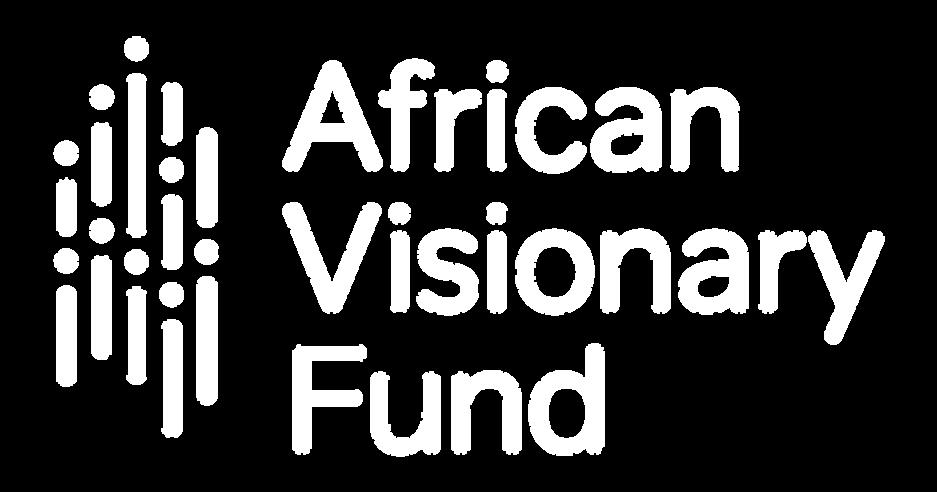
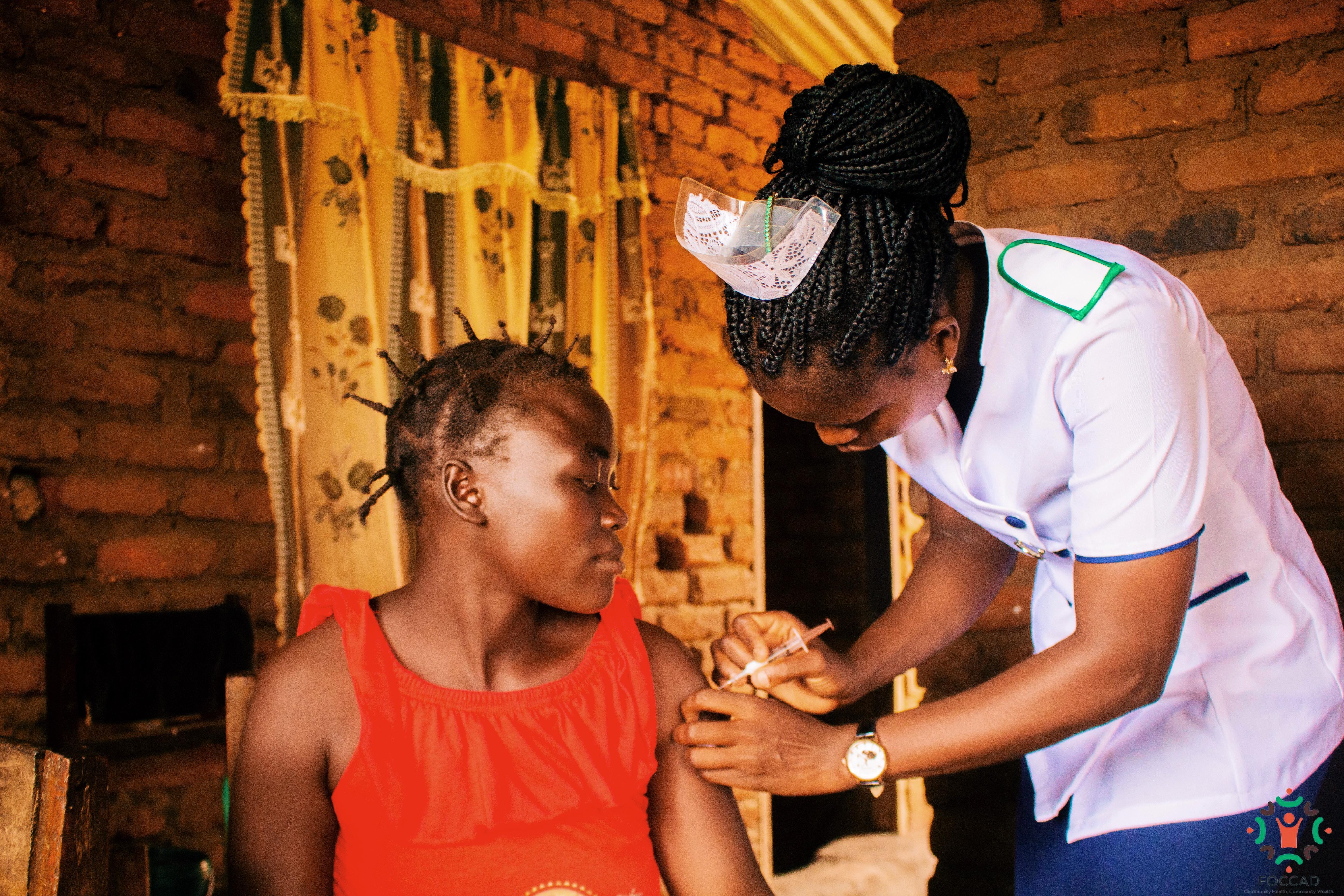



July - Dec 2023
Photo: FOCCADDear Friends of the Fund,
Our path over the past six months has been marked by significant milestones and shared victories. We successfully completed our first strategic plan, surpassing our $10 million fundraising goal. We grew our dynamic team, celebrated the launch of a documentary showcasing our work and wrapped up the year by welcoming our fourth cohort of Visionary Partners - 12 organizations from 10 countries!
Amidst our successes, we also navigated challenges, notably in navigating the transition to a 501(c)(3) and co-leadership while one leader is away (We’re happy to share that Katie and her baby are doing well!)
These experiences have been invaluable in shaping our learning and laying the foundation for the future
As we celebrate our achievements, we also recognize the need to intentionally pace ourselves and process all we’ve learned so it fully informs our next strategy. In 2024, we are dedicating time to reflect deeply on our journey and all that we have learned over the past three years, and we are excited to see how these reflections inform our next fund.

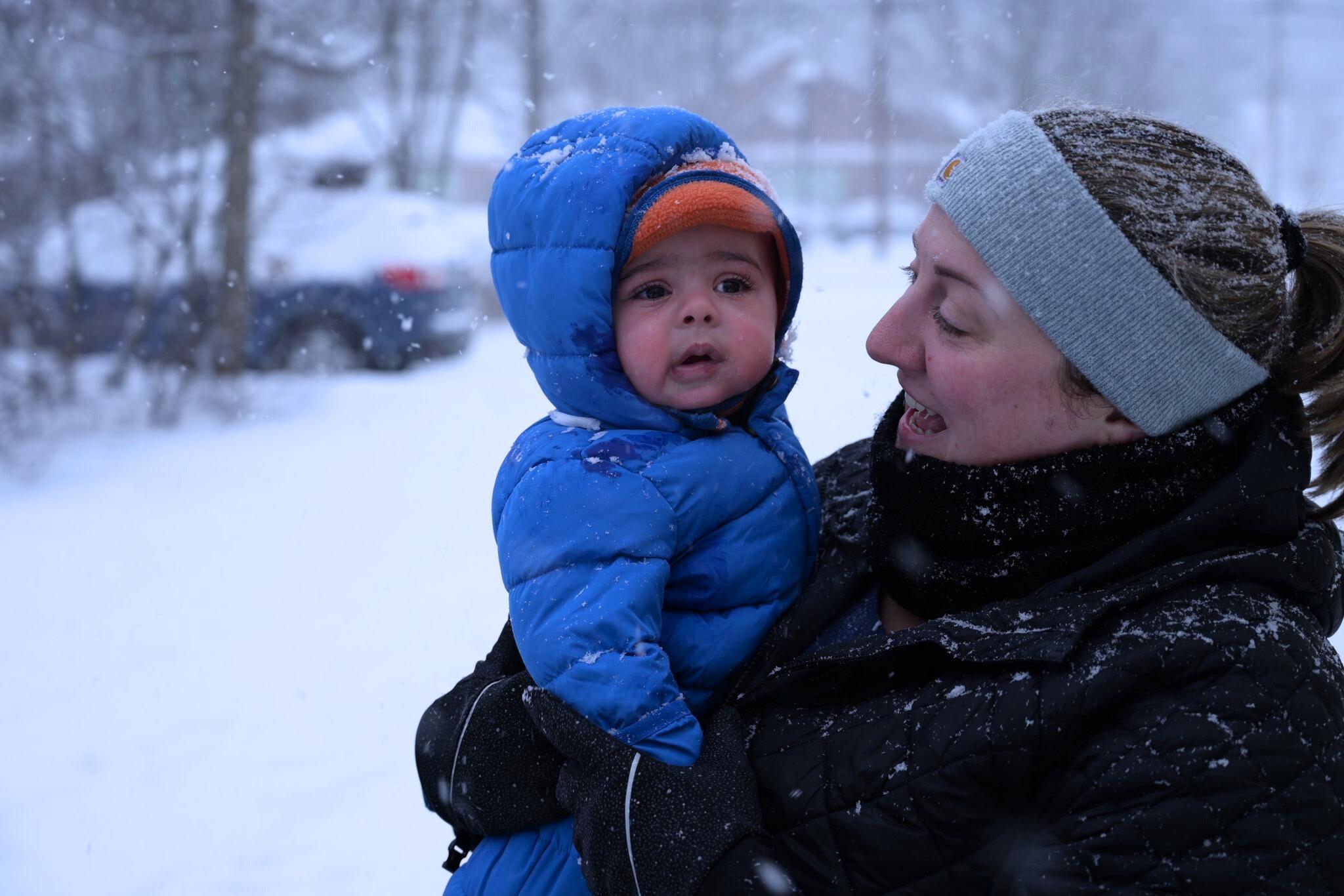
We thank each of you for being in partnership with us on this incredible journey and look forward to walking alongside you as we embark on this exciting new chapter.
With gratitude,
 Atti Worku CO-CEO
Atti Worku CO-CEO

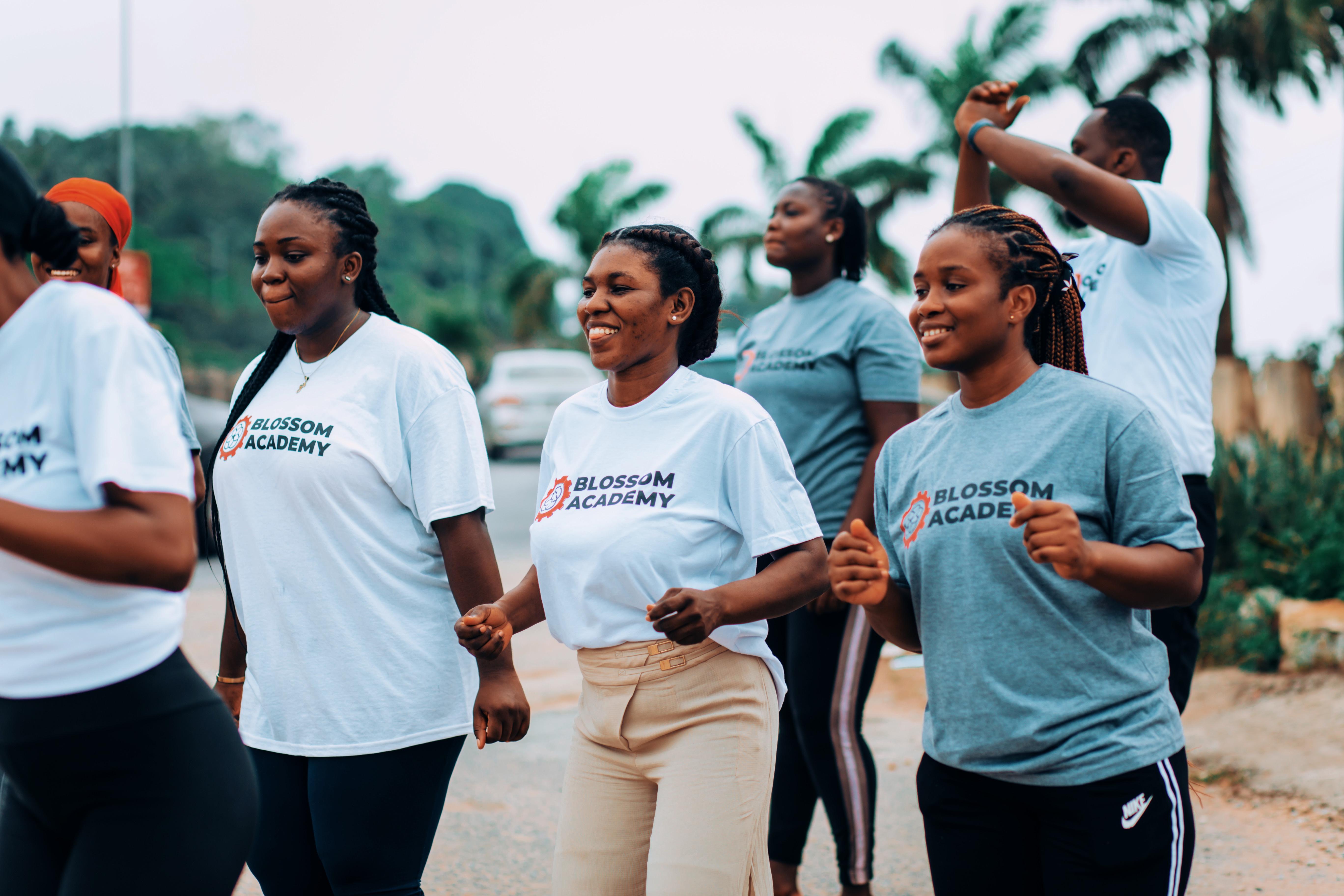
We have made a $2.7M commitment to 12 new Visionary Partners working across 5 sectors and 10 countries
Photo: Blossom AcademyBlossom Academy bridges Africa's tech skills gap with tailored 12-week data science Fellowships in data analytics, data science, data engineering and artificial intelligence. Students work on real projects and receive mentorship and internship opportunities.
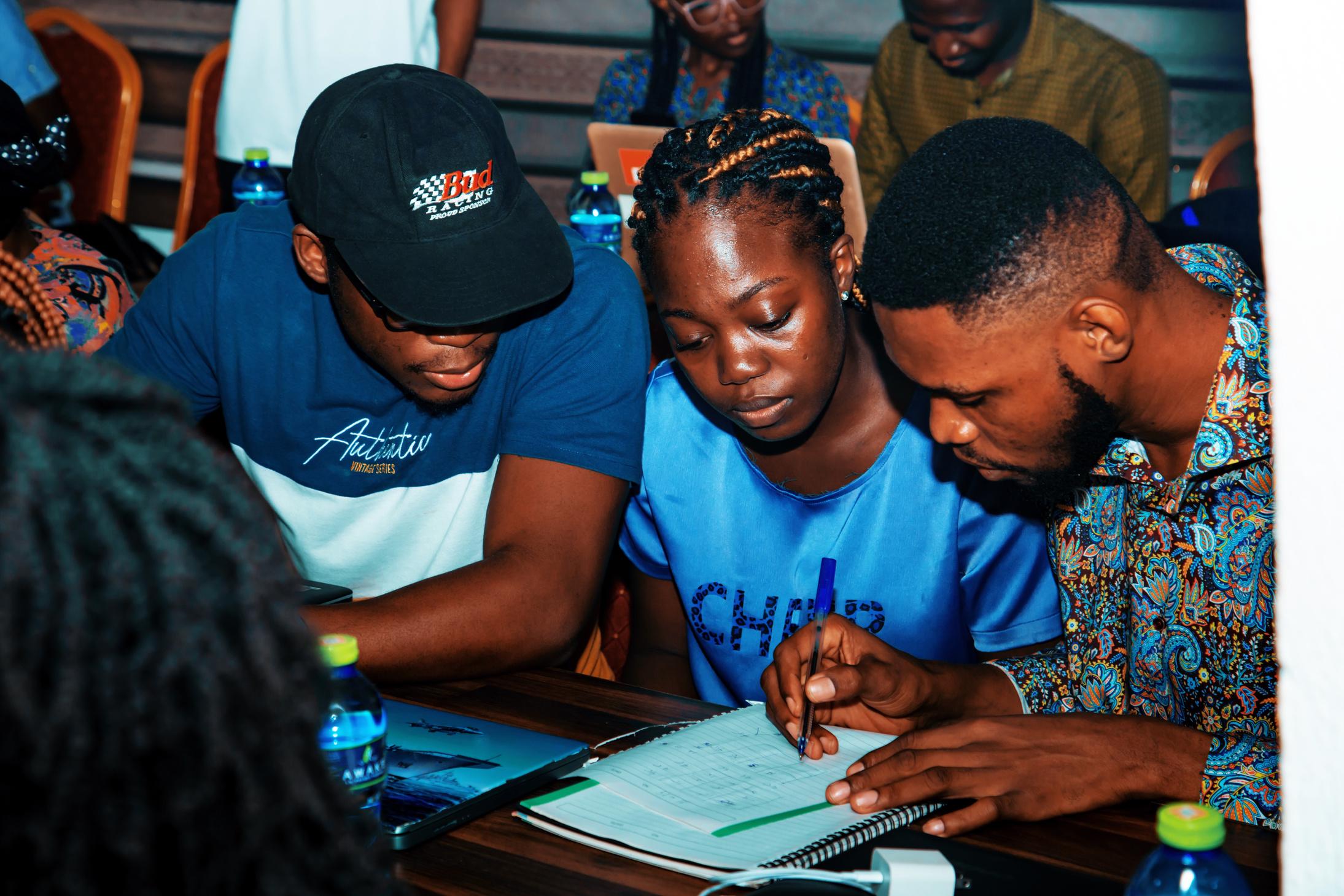
The Differentiator: Blossom Academy is bridging the longstanding gap between industry and education, bringing together industry partners, ambitious students, world-class education, and a dedicated team under one roof. The academy identifies and recruits economicallydisadvantaged graduates interested in data science for fully sponsored boot camps, with a strong commitment to increasing the representation of women in the field
Why Their Work Matters: Local companies across the continent frequently outsource data projects abroad, incurring high costs and overlooking the potential of local talent. Blossom Academy is driven by the high demand for data talent and the expanding youthful African workforce Through their fully-sponsored programs, Blossom Academy is cultivating African data scientists who play a crucial role in addressing the continent's challenges and advancing its progress.
Drop of Water was established in 2009 to improve access to safe drinking water and sanitation while promoting healthy hygiene practices to communities in rural parts of Ethiopia.
The Differentiator: Drop of Water has a comprehensive 3-step sustainability approach: firstly, providing access to clean water; secondly, assisting communities in creating strategic plans for water scarce areas; and lastly, implementing the Aware, Active, and Change campaign This campaign engages professionals and university students in learning about, advocating for, and creating water, sanitation, and hygiene solutions within their communities
Why Their Work Matters: Approximately 39 million rural Ethiopians lack a safe water supply, and nearly 48 million are without basic sanitation. Limited access to safe water and inadequate sanitation contribute to 60-80% of communicable diseases, while 50% of undernutrition consequences are linked to poor hygiene and water supply In response, DoW builds water wells and supports rural communities, fostering ownership and creating community champions to drive demand for improved WASH services and delivery.

The Emergency Medicine Kenya Foundation (EMKF) collaborates closely with the government and local emergency healthcare providers throughout Kenya to strengthen the country’s emergency healthcare system through capacity building, education, advocacy and research.
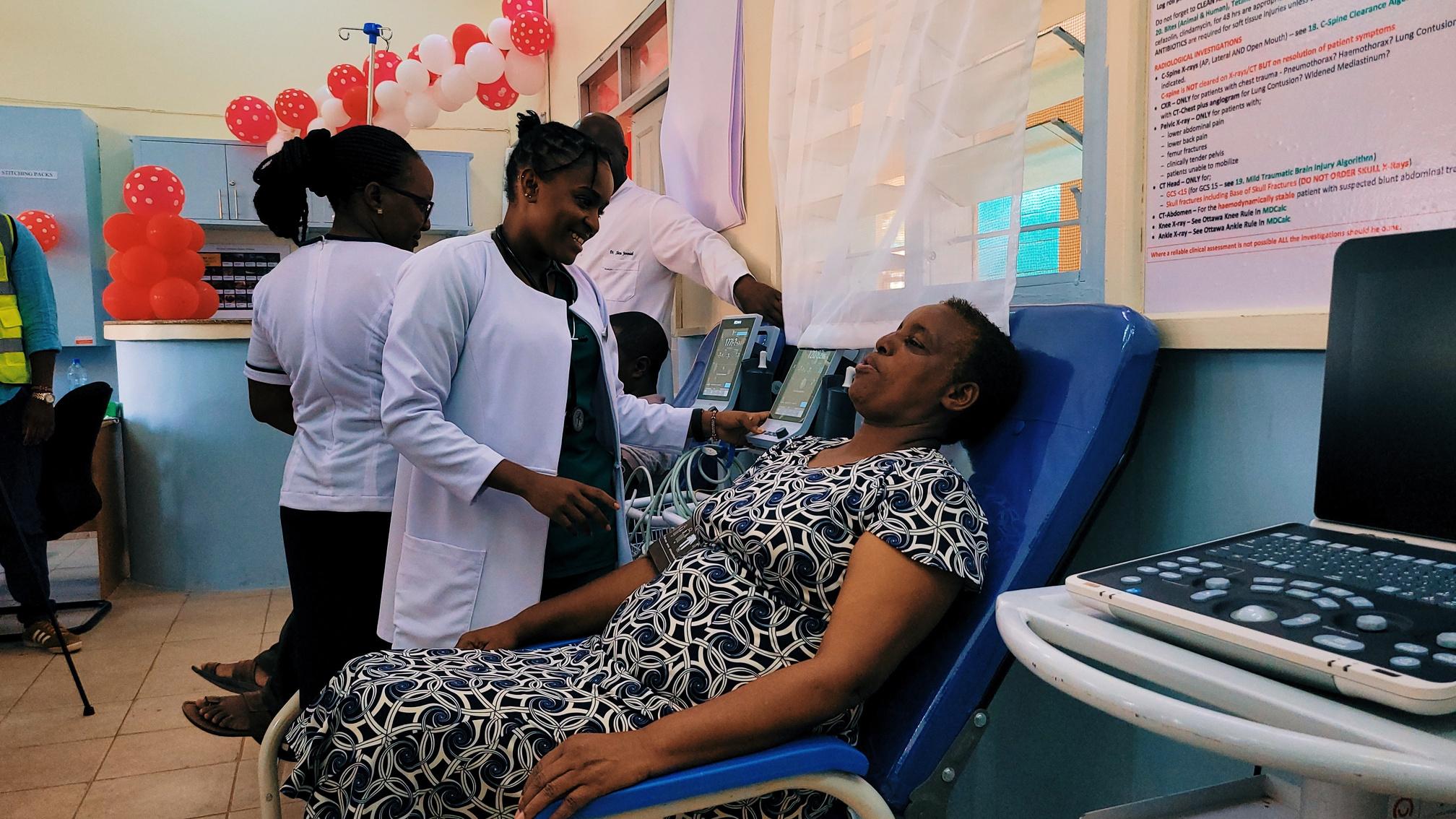
The Differentiator: EMKF prioritizes swift emergency response and actively works to minimize delays in receiving care that are often associated with traveling to major hospitals. They ensure first responders can reach the scene before an ambulance, thereby significantly enhancing the overall effectiveness of emergency interventions
Why Their Work Matters: Historically, emergency medical care in Kenya has been neglected due to misconceptions of it being 'too expensive' and the disproportionate prioritization of maternal health and infectious diseases With Kenya’s rapid growth, there is an increasing demand for emergency medical care services EMKF was established to address this gap, with the primary goal of integrating emergency medical care into the existing healthcare system.
Foi en Action empowers at-risk Burundian women to actively engage in their communities through a holistic community and family-based approach. This transformative process quips women with the skills and confidence needed to become proactive contributors to their communities.
The Differentiator: Foi en Action catalyzes socioeconomic change - many of their members go on to be selected to serve as community leaders, mediators, caregivers, and advocates for children's protection
Why Their Work Matters: In Burundi, 73% of the population lives below the poverty line and many of them are women. These women are often deprived of life skills, education and decision-making rights, leading to violence towards them and their children. In response to these challenges, Foi en Action provides essential training in three areas: entrepreneurship and solidarity funding, family support and life skills
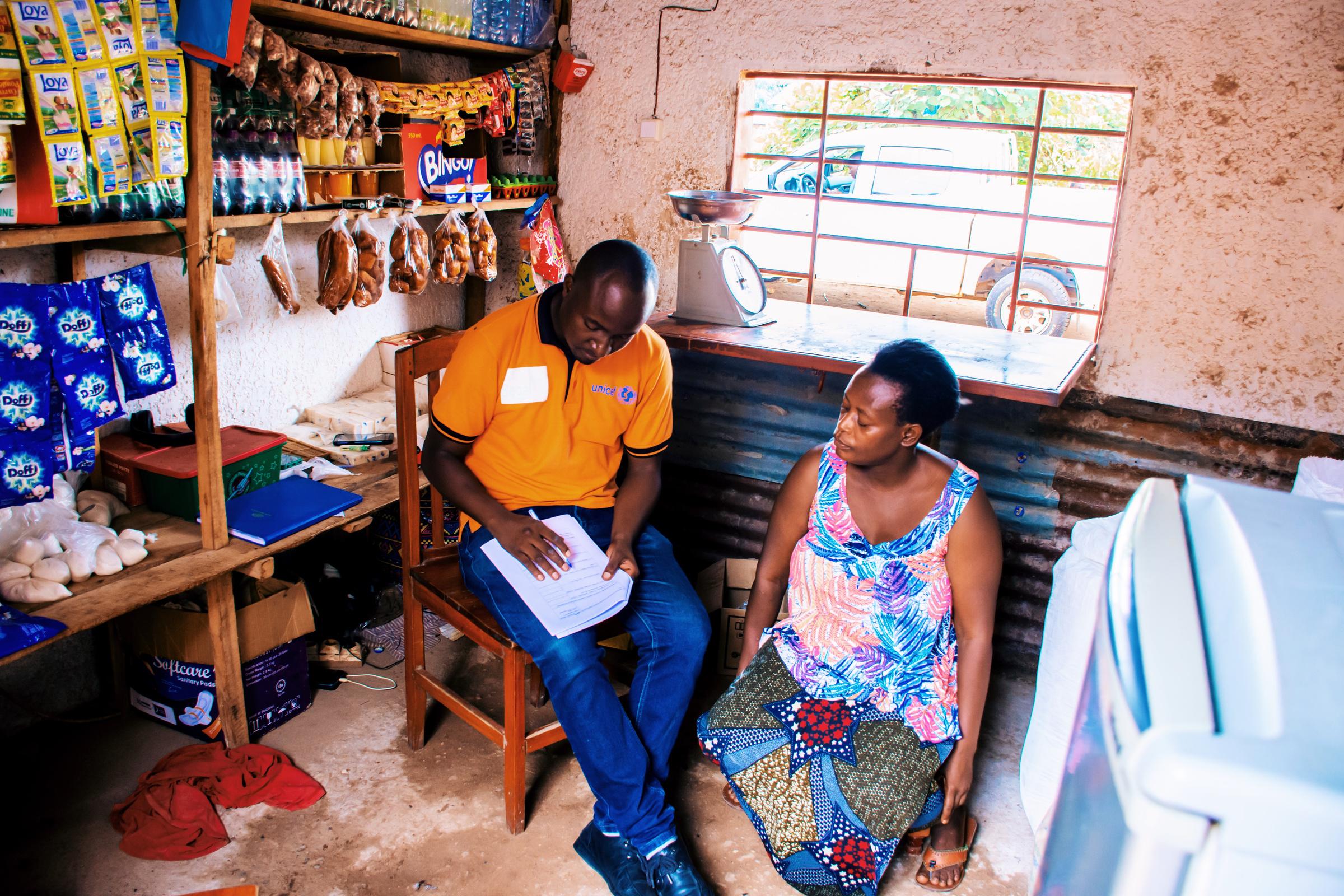
Foundation for Community and Capacity Development (FOCCAD) improves access to high-quality sexual and reproductive health as well as general health services for women, children and young adults. They bridge the gap between health services and communities by addressing issues related to distance, logistics, and capacity.
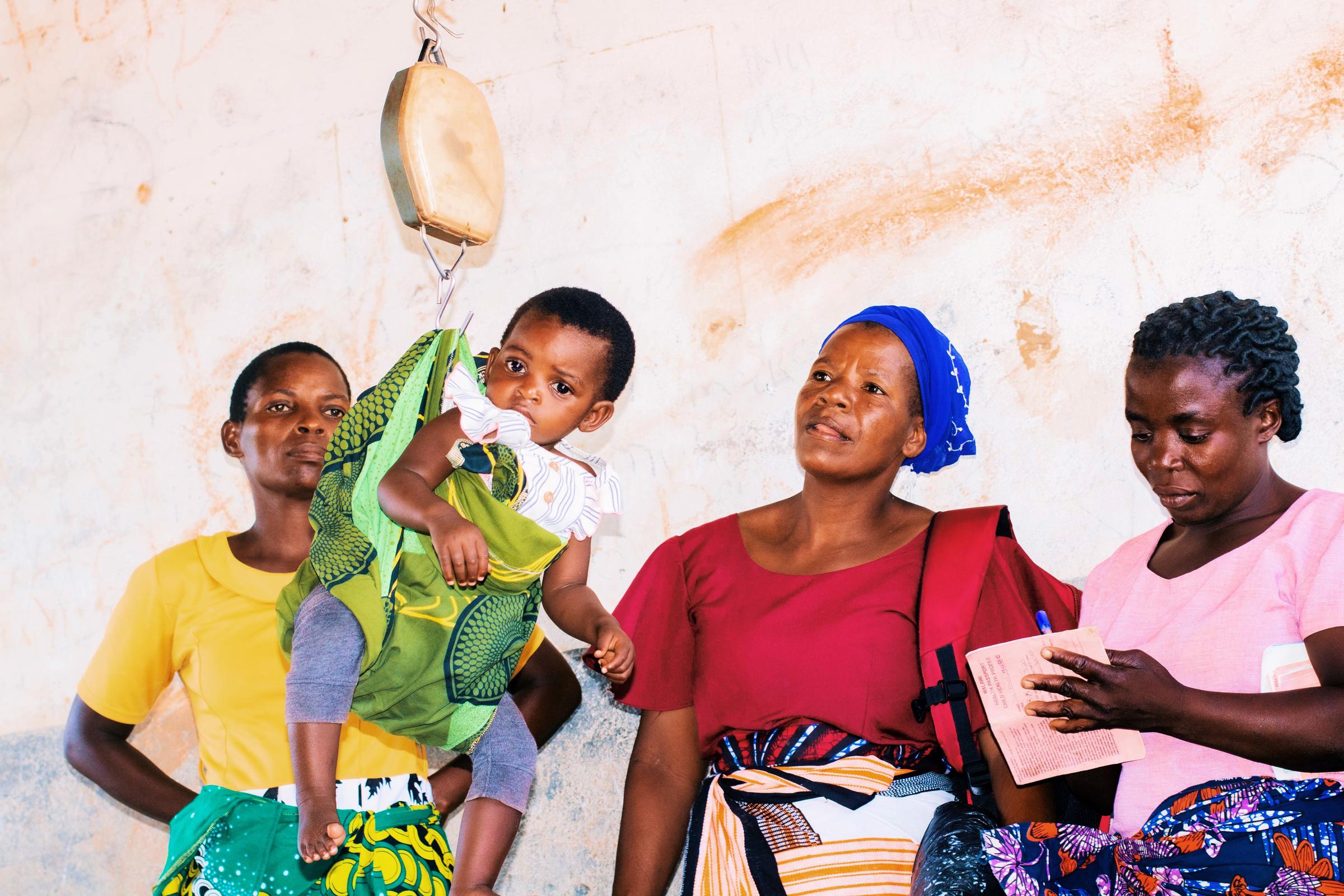
The Differentiator: FOCCAD is the sole provider of emergency transport for women and children from lastmile communities to health facilities in Malawi. Their innovative and cost-effective approach ensures services are delivered at each outreach clinic, with an estimated cost of $0 12 per patient
Why Their Work Matters: In Malawi, where 71% of the population resides in rural areas far from hospitals and 80% of health facilities face capacity limitations, meeting healthcare demand is a significant challenge. Moreover, over 70% of Malawian communities have experienced a decline in income and livelihoods FOCCAD is a key player in transforming the landscape of healthcare accessibility in Malawi, impacting not only the well-being of individuals but also influencing broader aspects of education, nutrition, livelihoods, and societal dynamics.
Gender Mobile Initiative leverages technology to provide resources and support services to victims and survivors of gender-based violence. GMI’s services include trauma counseling, legal support, psychosocial support, and livelihood assistance.
The Differentiator: GMI is breaking the culture of silence surrounding gender-based violence Their approach focuses on increasing the ease of reporting, holding perpetrators accountable to deter others, and improving institutional accountability.
Why Their Work Matters: Sexual harassment in higher learning institutions has reached epidemic proportions, with various studies highlighting its gendered and power-centered pattern of violence. As tertiary institutions in Nigeria grapple with this issue, victims face severe consequences, including education disruption, absenteeism, depression, and in some cases, eventual dropout The lack of federal legislation addressing this is a significant concern that GMI aims to tackle with a focus on delivering justice and healing to victims.
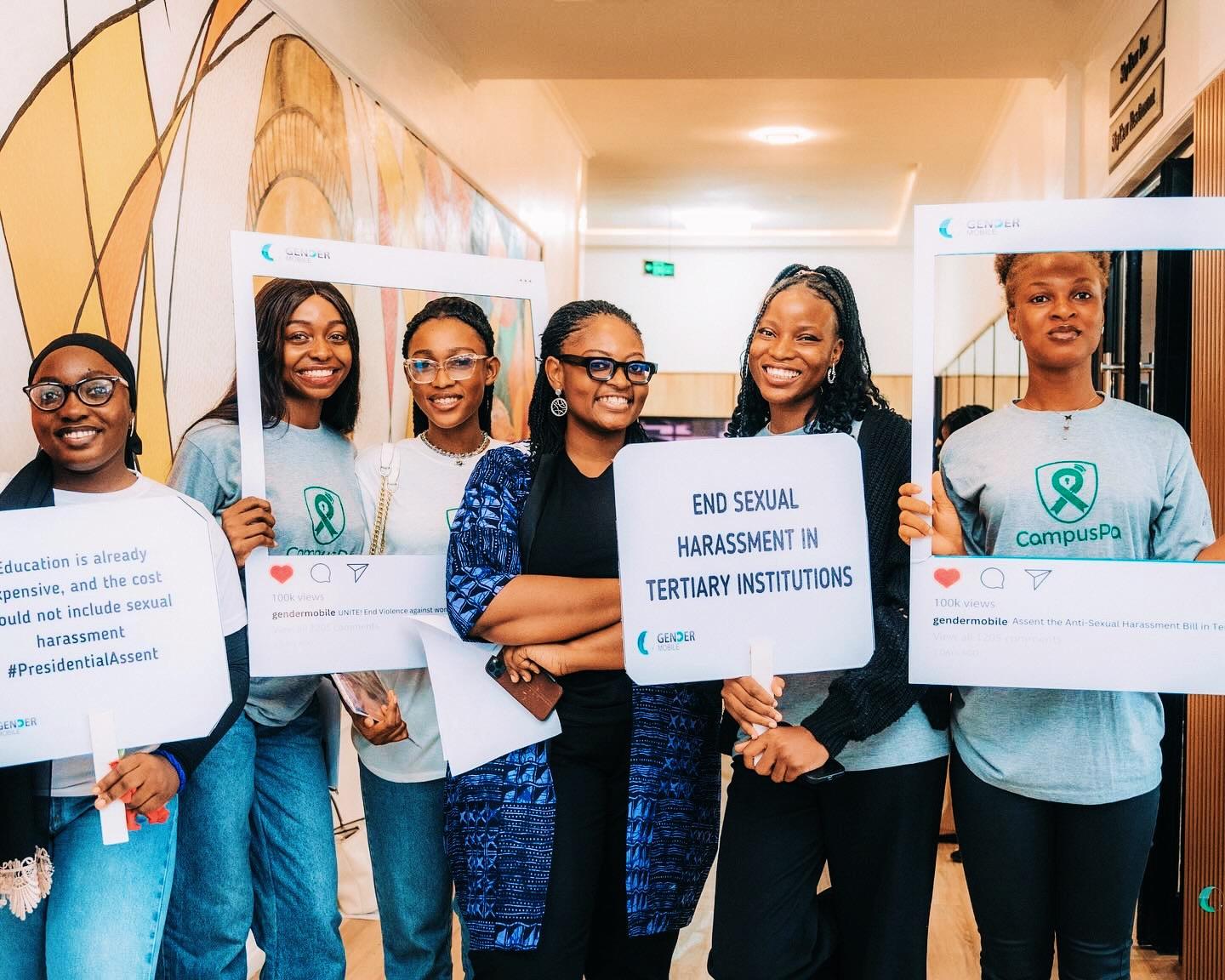
HelpMum is a Nigerian social enterprise dedicated to improving maternal health through innovative, lowcost mobile technology solutions.

The Differentiator: HelpMum has a strong, community driven approach. They actively collect field information to refine their products and services for the communities they serve The development of their apps (Vaccination Tracker, Chatbox, and Advisor AI) is informed by insights gathered during field visits This approach ensures a deep understanding of the challenges they aim to address.
Why Their Work Matters: The urgency of HelpMum’s work is evident when considering that Nigeria loses approximately 2,300 children under the age of five and 145 women each day - making it the world's secondlargest contributor to under-five and maternal mortality. The lack of accessible healthcare facilities, particularly in remote rural areas, leaves these populations significantly underserved Through innovation, research, technology, and policymaking, HelpMum is dedicated to eradicating maternal and infant mortality in Nigeria and at scale.
Kids Educational Engagement Project (KEEP) addresses Liberia’s inequality gap by advocating for literacy and equity in education, human rights, and resource access. Their educational programs, which include establishing mini libraries in public schools, aim to enhance reading proficiency, fluency, and comprehension for underprivileged students.
The Differentiator: KEEP launched its programs in response to community demand during the height of the Ebola outbreak. Since 2016, KEEP has successfully established 29 libraries in 10 counties in Liberia, published 5 children’s books, consistently championed social justice, and actively engaged in advocacy work, specifically addressing issues such as sexual genderbased violence and the abuse of children
Why Their Work Matters: KEEP firmly believes that Liberia's development hinges on having a literate and empowered citizenry The organization advocates for locally-driven solutions, emphasizing that an empowered and literate population is better equipped to hold its leadership accountable and ensure that development is centered around the needs and priorities of the people.
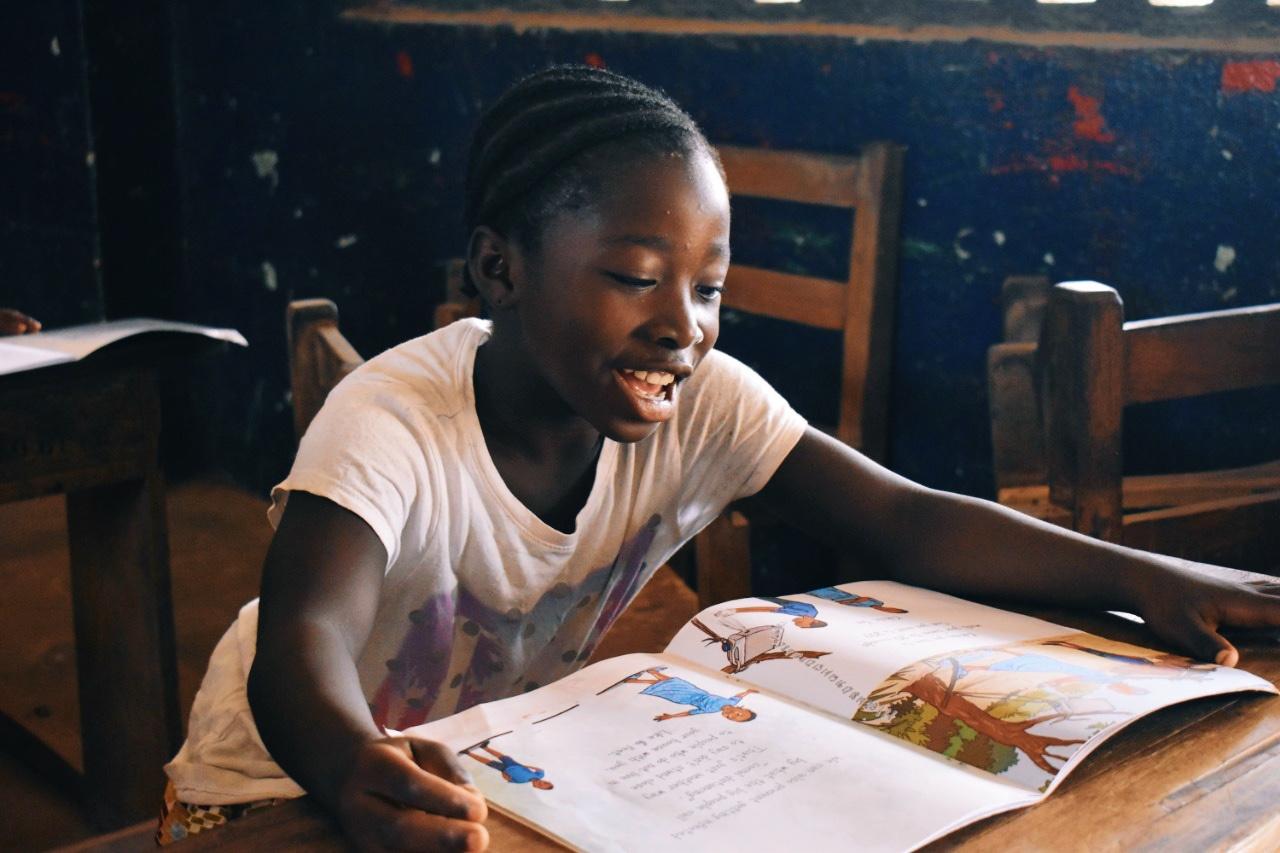

Regional Advisory Information and Network Systems (RAINS) is dedicated to improving the lives of women, girls, youth, and other vulnerable groups in Northern Ghana. With over 30 years of experience, RAINS has built a strong legacy of working collaboratively with communities, governments, and civil society to address evolving challenges such as advancing girls’ education, combating child exploitation, and providing skills training & employment opportunities.
The Differentiator: RAINS has pioneered creating employment opportunities in diverse industries, and led in the creation of sustainable structures that continue to advance opportunities for all. Projects include the establishment of a Rural Bank for financial inclusion, and the establishment of the only All Girls Senior High School in the Northern region of Ghana
Why Their Work Matters: Northern Ghana lags significantly behind Southern Ghana in terms of development, multidimensional poverty incidence and living standards RAINS responds to the immediate and long-term needs of marginalized communities, providing tailored and inclusive support mechanisms so that people are able to successfully set themselves on a path to employment and economic empowerment.
Pride Community Health Organization (PRICHO) supports HIV prevention and provides comprehensive care for women, youth and children affected by HIV/AIDS in Zambia.
The Differentiator: PRICHO began as a support group for individuals living with HIV in 2004 and evolved into an NGO in late 2009. Motivated by his own HIV status, the founder established PRICHO as a catalyst for societal change, especially among young people, with a primary focus on preventing the disease
Why Their Work Matters: In the past decade, Zambia has made significant progress in its HIV response, thanks in part to national initiatives and organizations like PRICHO PRICHO plays a crucial role in creating safe spaces for adolescents, young people, men, and women to make informed choices about their sexual reproductive health and rights. These choices are guided by principles of dignity, equality, and social justice.


WoteSawa advocates for the rights of domestic workers and combats human trafficking, with a specific focus on child trafficking. Their comprehensive programming includes, educating workers about their rights, facilitating employment contracts, providing economic empowerment opportunities, and actively advocating for legal reforms.
The Differentiator: The term "WoteSawa" translates to "all equal" in Swahili Founded by a former child domestic worker, WoteSawa takes a bold stance in advocating for basic rights. Each year, they provide refuge for approximately 75 children who have escaped trafficking. Since its establishment in 2014, WoteSawa has assisted hundreds of survivors
Why Their Work Matters: In Tanzania, an estimated 1 million children, predominantly girls, are engaged in domestic work. Poverty and other related challenges in rural areas drive children to migrate to urban centers in search of employment in private households Despite their crucial role, some domestic workers face mistreatment and rights violations WoteSawa was established as an advocate for and by domestic workers, uniquely positioning it to address issues within the sector.
UNAS is a scientific organization that brings together scientists from various disciplines, including the behavioral, biological, physical and social sciences in Uganda. These scientists contribute to scholarship, policy making and socioeconomic development both nationally and internationally by offering evidencebased solutions to address complex development challenges.
The Differentiator: UNAS occupies a unique position of autonomy and academic authority, enabling them to articulate unbiased truths without fear or favor Their model aims to transform leadership mindsets, with a firm belief that leaders have the capacity to initiate systemic improvements that can impact thousands or millions of people.
Why Their Work Matters: The transformation of Ugandan society depends on reshaping its leadership, historically limited in opportunities for open reflection
With the emergence of a new generation, Uganda's future depends on synthesizing past experiences, current realities, and optimistic envisioning. UNAS serves as a platform where these elements converge, fostering the creation of a new vision for sustainable and long-term national transformation

 Photo: RAINS
Photo: RAINS
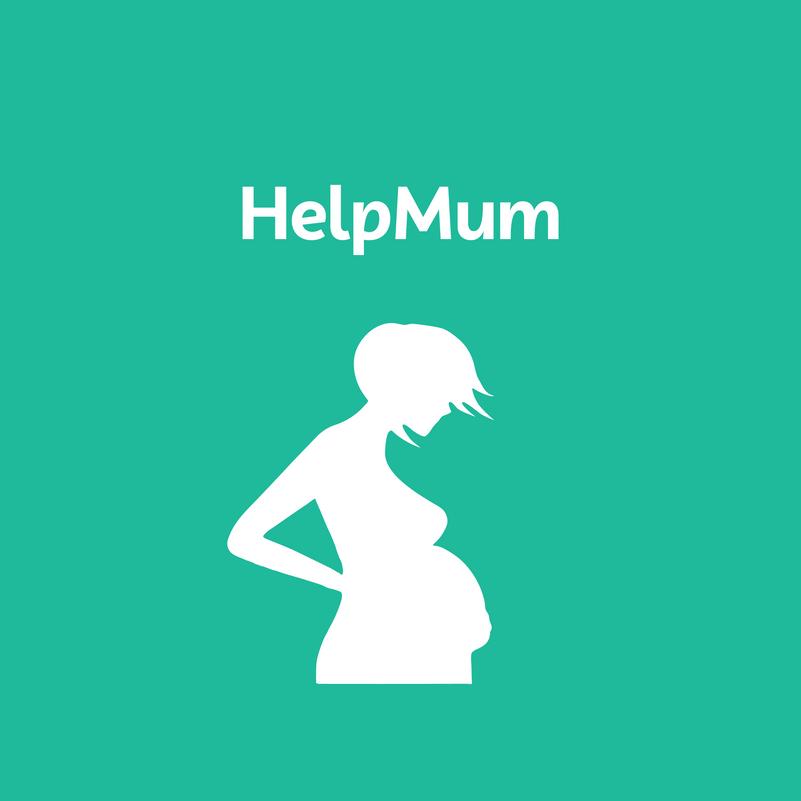

Nigeria

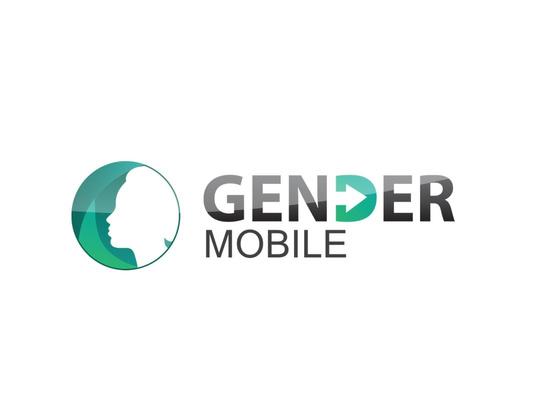
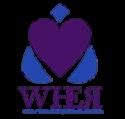
Ghana
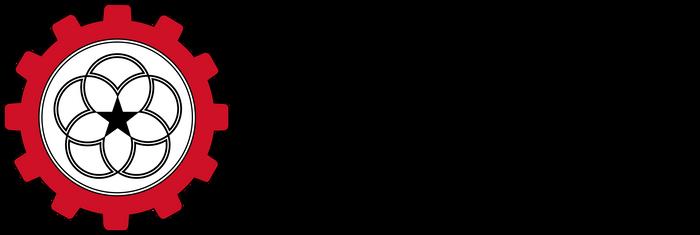
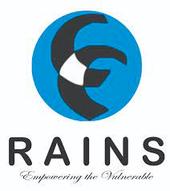
Uganda


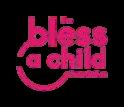

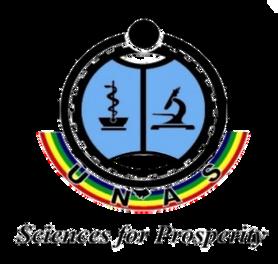
Liberia
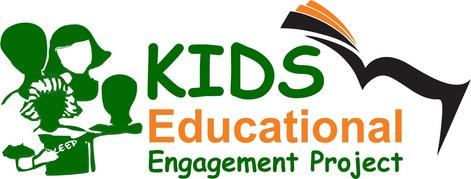
Burundi
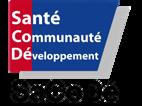
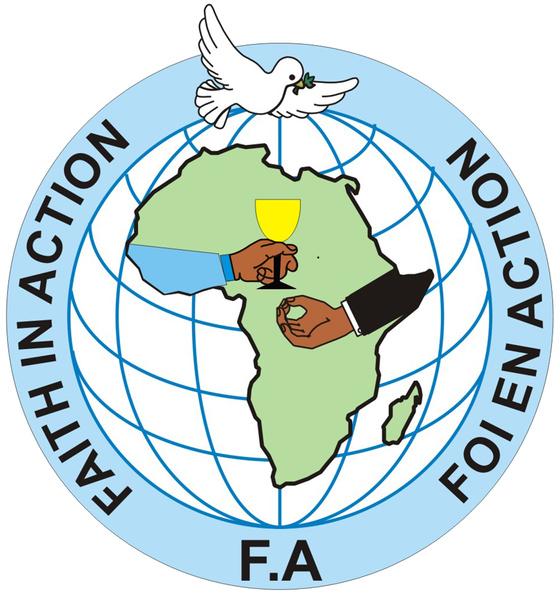
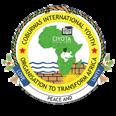
DRC
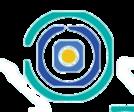

Zimbabwe

Rwanda
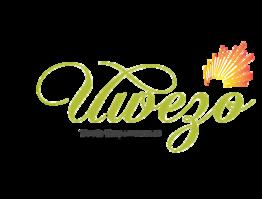
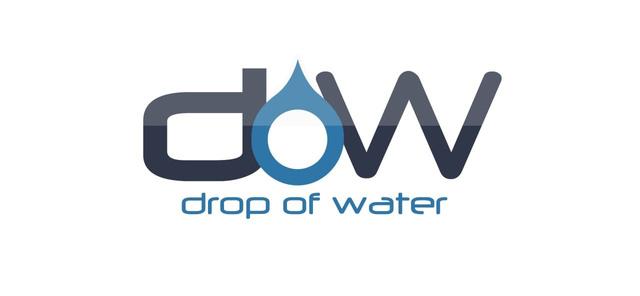





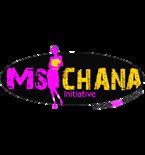




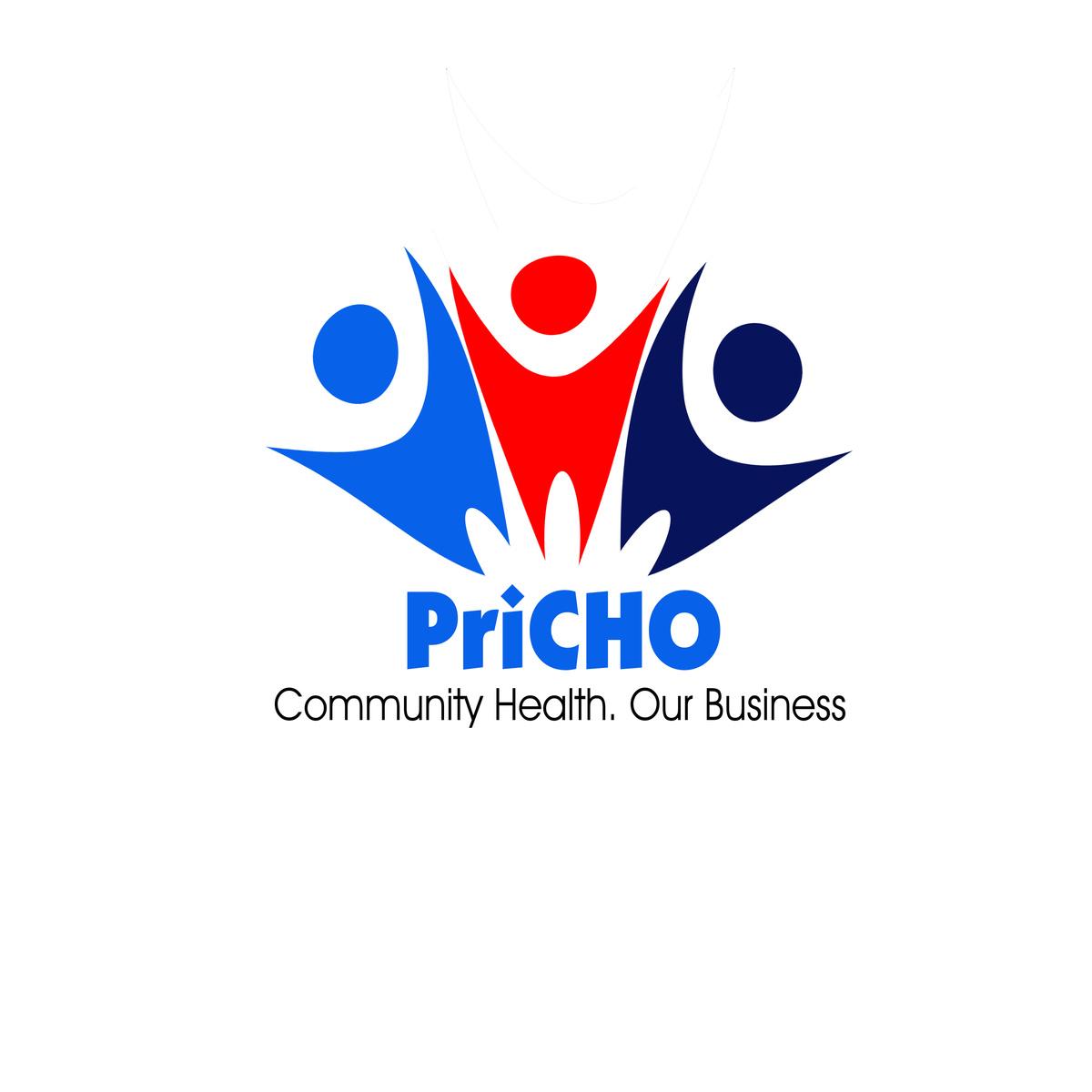

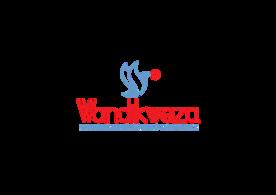



We are beginning to see the direct effects of our unrestricted, sector-agnostic funding and our portfolio services work on the trajectories of our partners. But the work of empowering African-founded and led organizations to serve communities on their own terms is far from being done.
Our next fund will be dedicated to continuing our mission and realizing our vision on a larger scale. These are the lessons we have learned from our three-year, $10M+ fund journey.
Throughout 2023, AVFund co-CEOs and team members facilitated Key Informant Interviews with trusted members of our network in the broader philanthropic ecosystem, with a goal to unearth feedback and insights on perceptions of our model and work. We also adopted Design Thinking an iterative problem-solving approach based on a philosophy that product/service design should address the core needs of those who experience a problem as we underwent brainstorming workshops throughout the year.
Throughout our process of internal organizational reflection and gathering feedback and insights, we have learned key lessons that we are taking into the strategic planning process for our Future Fund.
Sustainable development is localized development. Our founding values remain unchanged: we believe that locally-rooted social change organizations are invaluable innovators of groundbreaking solutions that best serve their communities because they possess the crucial inputs needed for deep impact knowledge, context, and proximity. We define a localized organization as one that is geographically located in an African community or region; the leadership team and Board of Directors mostly identify as belonging to the community or region that they serve; true decision-making power is in the hands of locally-rooted leaders and board members; and community engagement and participation is an integral part of the operating model
Our next fund will continue to be committed to funding African-led, locally-rooted and communitycentered organizations in multiple development and social impact sectors.
Budgets don’t indicate an organization's capacity or impact.
The funding journey of most African-founded and led organizations is one riddled with budget-related anxiety, no matter their budget size, visibility, width of reach or depth of impact. Many high-impact, low visibility organizations struggle to attract the attention of funders, and have smaller budgets than even we made space for in our initial eligibility criteria Many high-impact, highly visible organizations are stuck in a cycle of growing their budget and programming, being considered “too big” for further funding, and then not being able to maintain a sustainable annual budget. They all continue to run transformative programs regardless.
Our next fund’s eligibility criteria will be more inclusive of organizations that have budgets of various sizes. We will create a grantmaking structure that meets organizations where they are, and supports them in their journeys based on their self-identified growth goals.
Funders say they are ready to change—but less inclined to act swiftly to change their ways.
There is a noticeable trend emerging where international development agencies are making changes towards localization, but continue to entrench the status quo of implementing top-down, project-based, funder-imposed intervention models. These occurrences undermine the purpose of localized development, which is for communities to have greater power and agency over their own development.
Our next fund will see an elevation of our systems change advocacy efforts, with a
multi-pronged approach that influences funders to make effective and equity-centered changes in both who and how they fund in Africa
The funding desert is much wider and drier than we originally thought. Many if not most Sub-Saharan African countries have robust and active local nonprofit sectors. Advocacy, development, and human rights organizations have emerged across the continent over decades in direct response to an increasing need for service provisions where government programs fall short.
Yet when analyzing our pipeline, many of the 800+ organizations who have applied for funding have little to no institutional support, and rely heavily on grassroots funding The funding drought that we aim to address, that African founded and led organizations chronically face, is more severe than we imagined.
Our next fund will be structured to be inclusive of more diverse African-led organizations especially those that are left behind.
The Design Thinking process involves five phases Empathize, Define, Ideate, Prototype, Test and Iterate. 2023 has been about empathizing, defining, and ideating. 2024 will be dedicated to prototyping, testing, and soft launching our Future Fund, with the direct participation and guidance of our portfolio partners who are experts in sustainable development, experienced in the nuanced challenges that underfunded African organizations face, and thought partners on the African Visionary Fund’s opportunity to solve them.
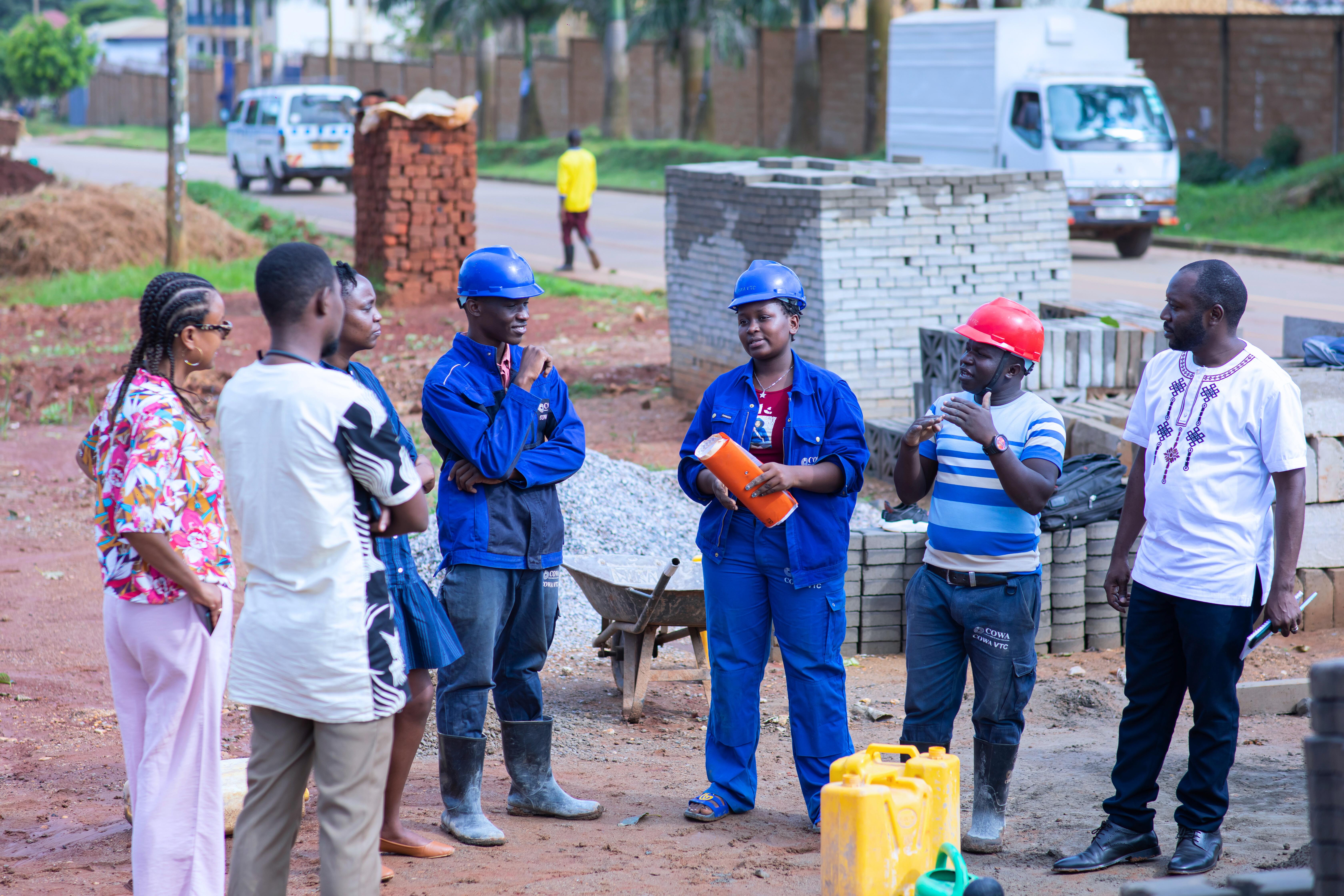 Photo: Wezesha Impact
Photo: Wezesha Impact

As part of our Future Fund expansion strategy, the AVFund is proactively recruiting talented individuals for key roles to meet our programmatic and strategic goals in 2024 and beyond
We are in the final stages of hiring a West Africa-based Portfolio Manager with a deep understanding of the realities of African-founded and led organizations and the challenges of traditional grantmaking systems.
In September 2023, we welcomed our inaugural Senior Operations Manager, Lynn Sellanga, to our team. Lynn comes to us with a remarkable track record, having previously served as the Head of Operations (Africa) at Impacc gGMBH. Her extensive experience includes successfully leading operations for several startups, one of which secured a Series A round
From day one, Lynn has provided invaluable support to the team. Her contributions were particularly crucial during our 501c3 transition and throughout our fourth grant-making cycle. As we embark on a new year, we look forward to witnessing Lynn's impactful leadership and skills in action.
To learn more about Lynn, visit africanvisionary.org/team-member/lynn-sellanga
We are currently interviewing candidates who are eager to help us create new equity-centered approaches, and who are proficient in the French language to guide our engagement with partners in Francophone countries.
We are recruiting a Technical Project Manager to spearhead the design, launch, and maintenance of our application and portfolio services systems This role will ensure that our grant processes remain equitable and hassle-free for partners and our pipeline.
Innovations in International Philanthropy Symposium
September 2023 | Cambridge, MA
Our Strategic Partnerships Manager, Shamira Lukomwa, joined a panel discussion at NEID Global’s 2023 Innovations in International Philanthropy Symposium about using funds to achieve localization in philanthropy
AVFund & Rippleworks Equity-Centered Practices Event
September 2023 | New York, NY
During UNGA week, we hosted a collaborative fireside chat where our co-CEO Atti Worku, Dixon Chibanda, founder and CEO of Friendship Bench, and Doug Galen, co-founder and CEO of Rippleworks, spoke about the impact of operational changes that funders can make to increase investments in local organizations.
Global Summit of Collaborative Funds
October 2023 | San Francisco, CA
Atti participated in a State of the State opening plenary at Philanthropy Together and the Bill & Melinda Gates Foundation’s Global Summit of Collaborative Funds, where she reflected on trends emerging in Africa’s collaborative fund landscape.
“FUNDING AFRICA” Film Premiere
November 2023 | Virtual
We worked with Kenyan filmmaker E.M. Mwangi to create a captivating short film "FUNDING AFRICA" as part of The Video Consortium and Skoll Foundation's Storytelling Solutions Project. In a world where African-led organizations are overlooked, Atti and Teresa Njoroge, founder and CEO of Clean Start Africa, scope philanthropy’s systemic inequities and call for change.
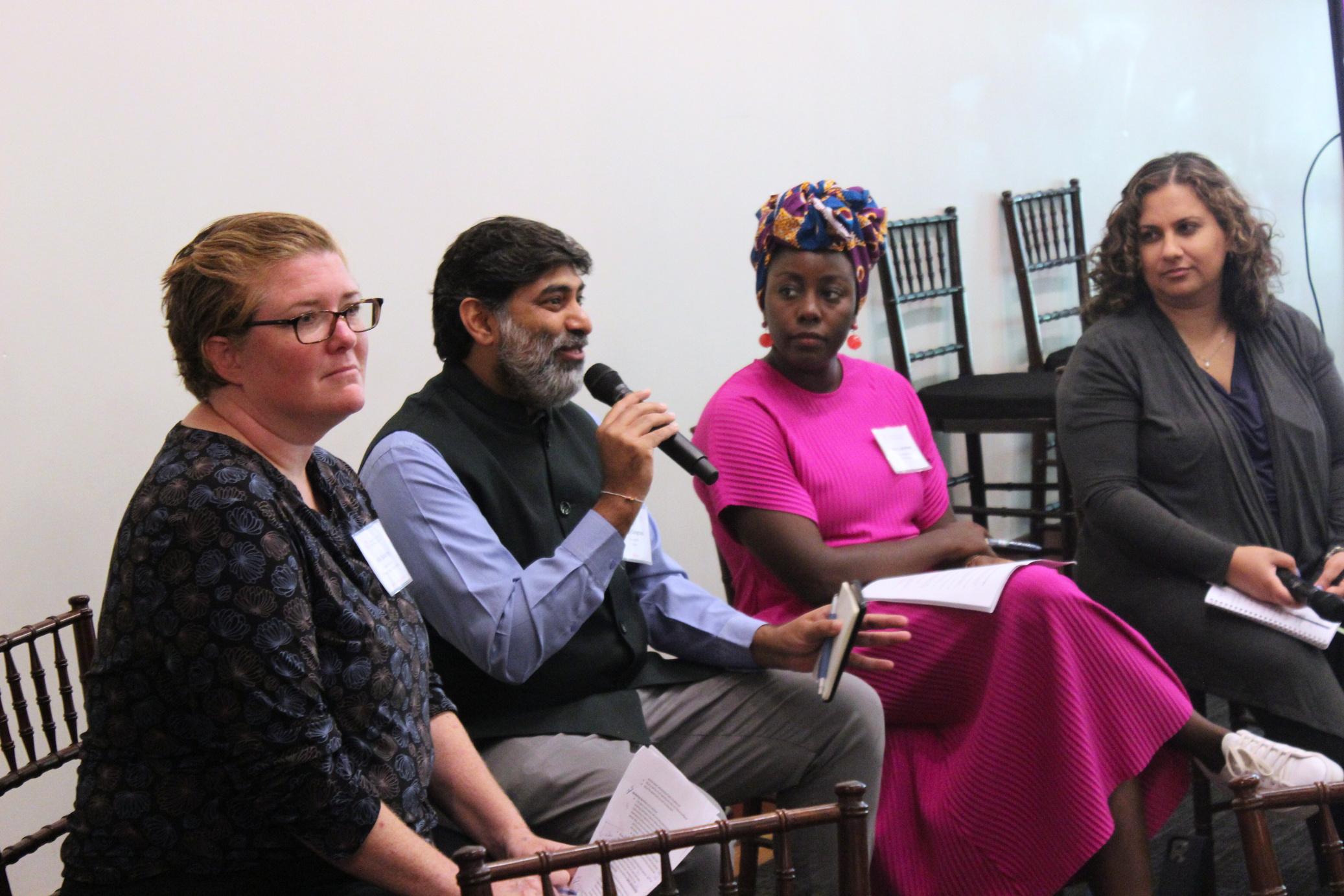
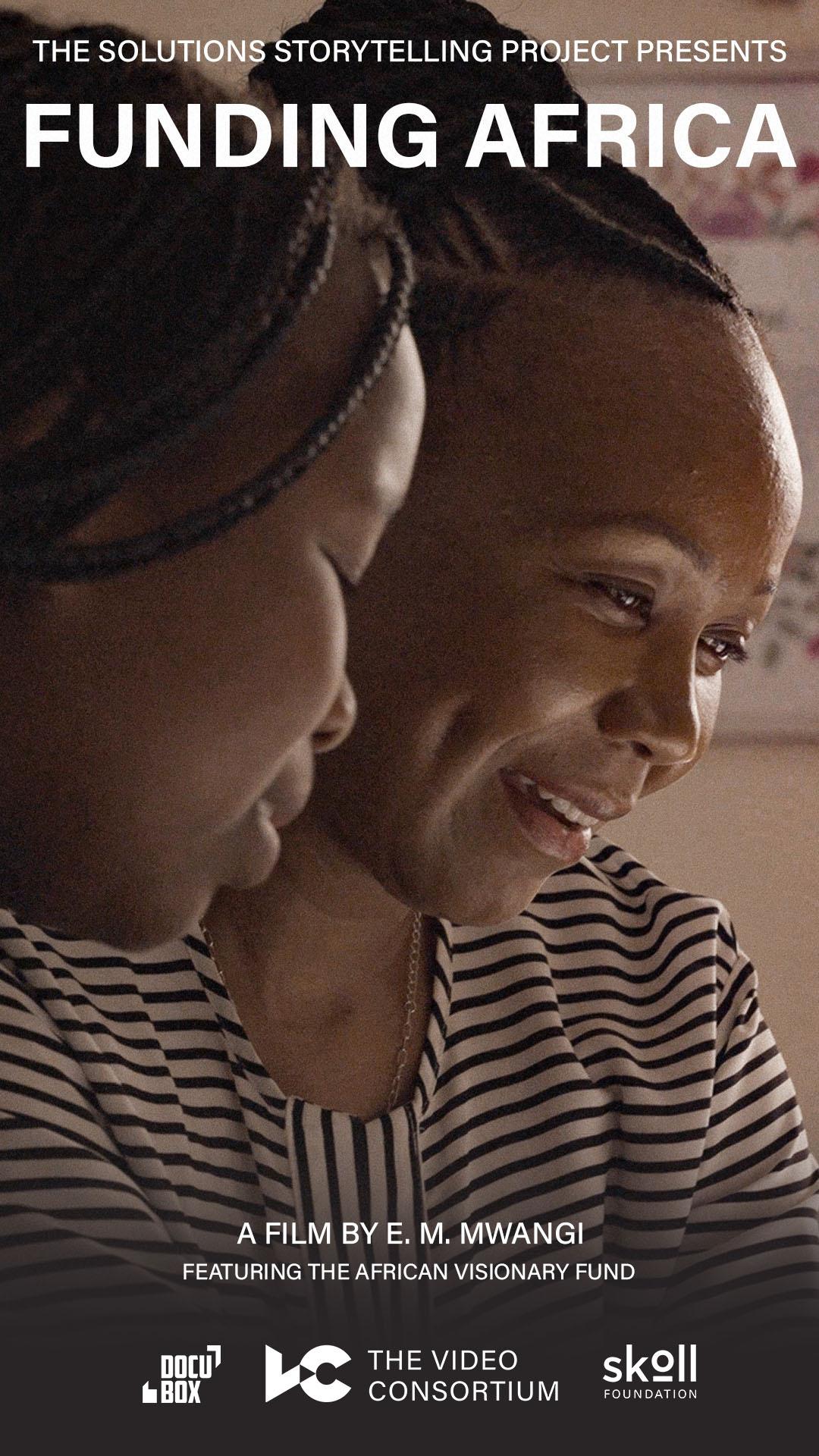
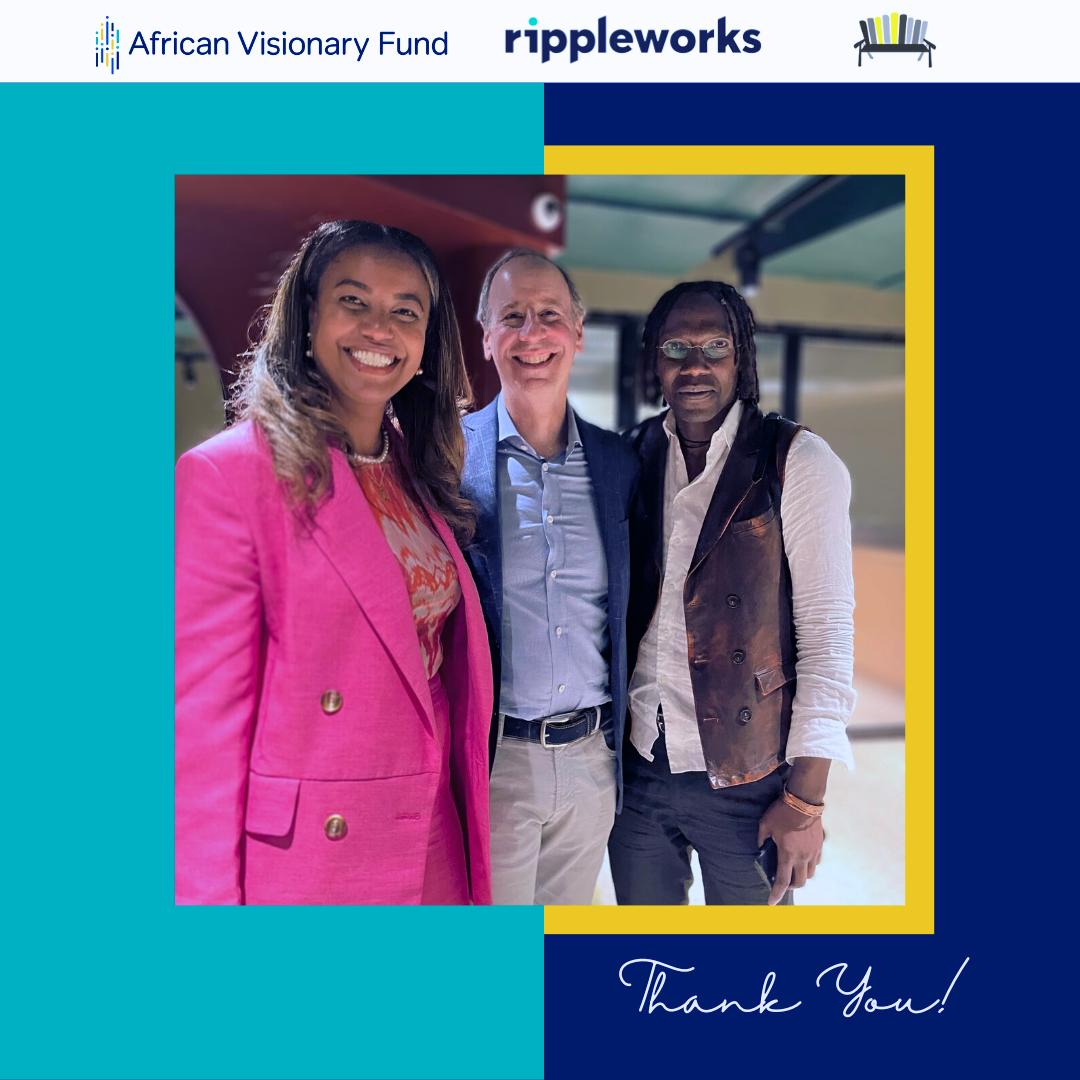
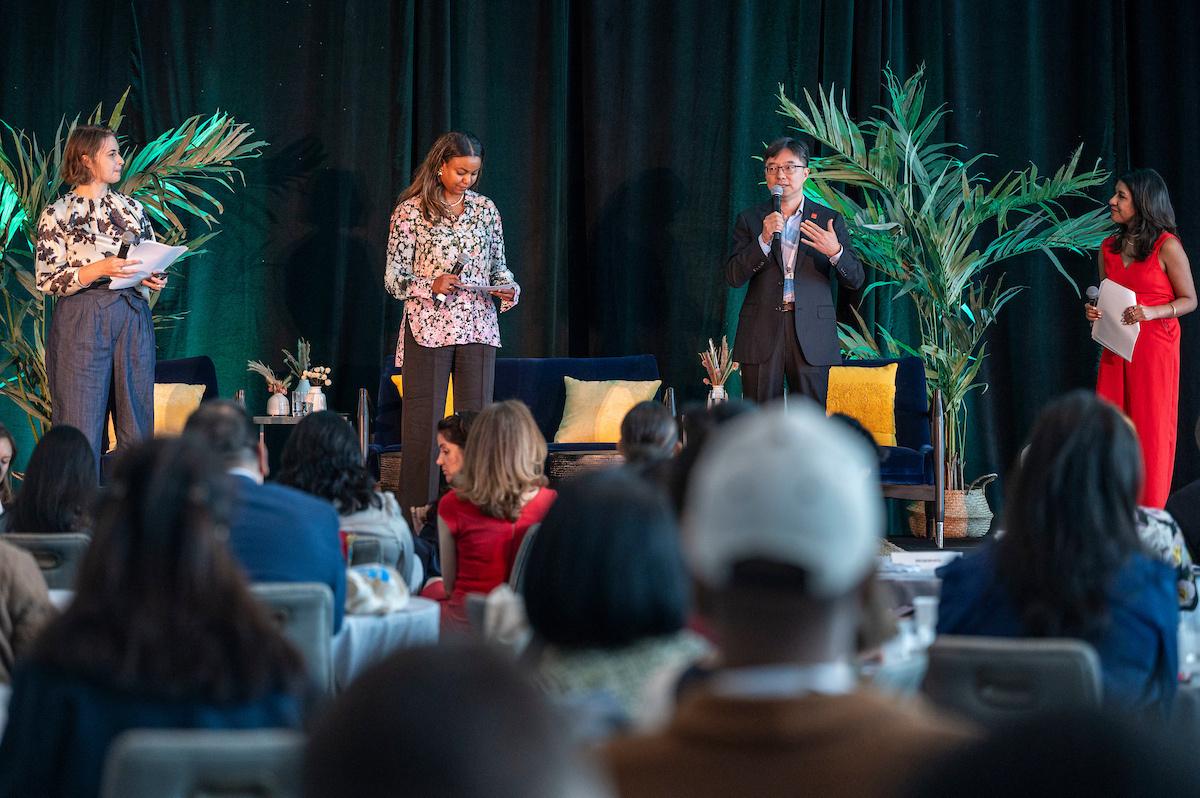 Photo: co-CEO Atti Worku at the Global Summit of Collaborative Funds
Photo: co-CEO Atti Worku at the Global Summit of Collaborative Funds
raised towards our $10M goal by 2023
$10.9M raised towards our Future Fund strategy
$3.6M
$1M annual revenue in 2023
$8.2M
Committed to 35 African-led orgs by close of 2023
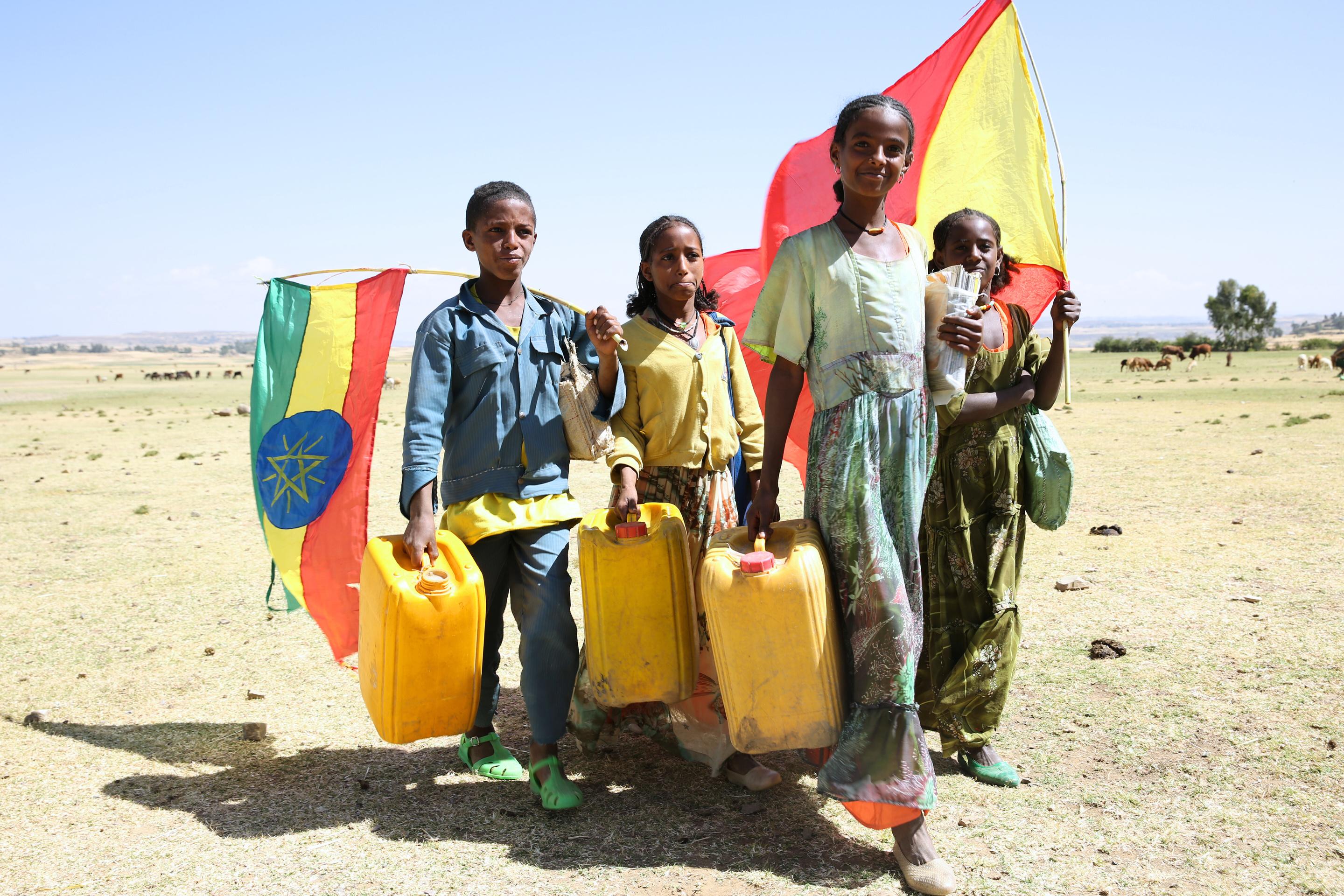
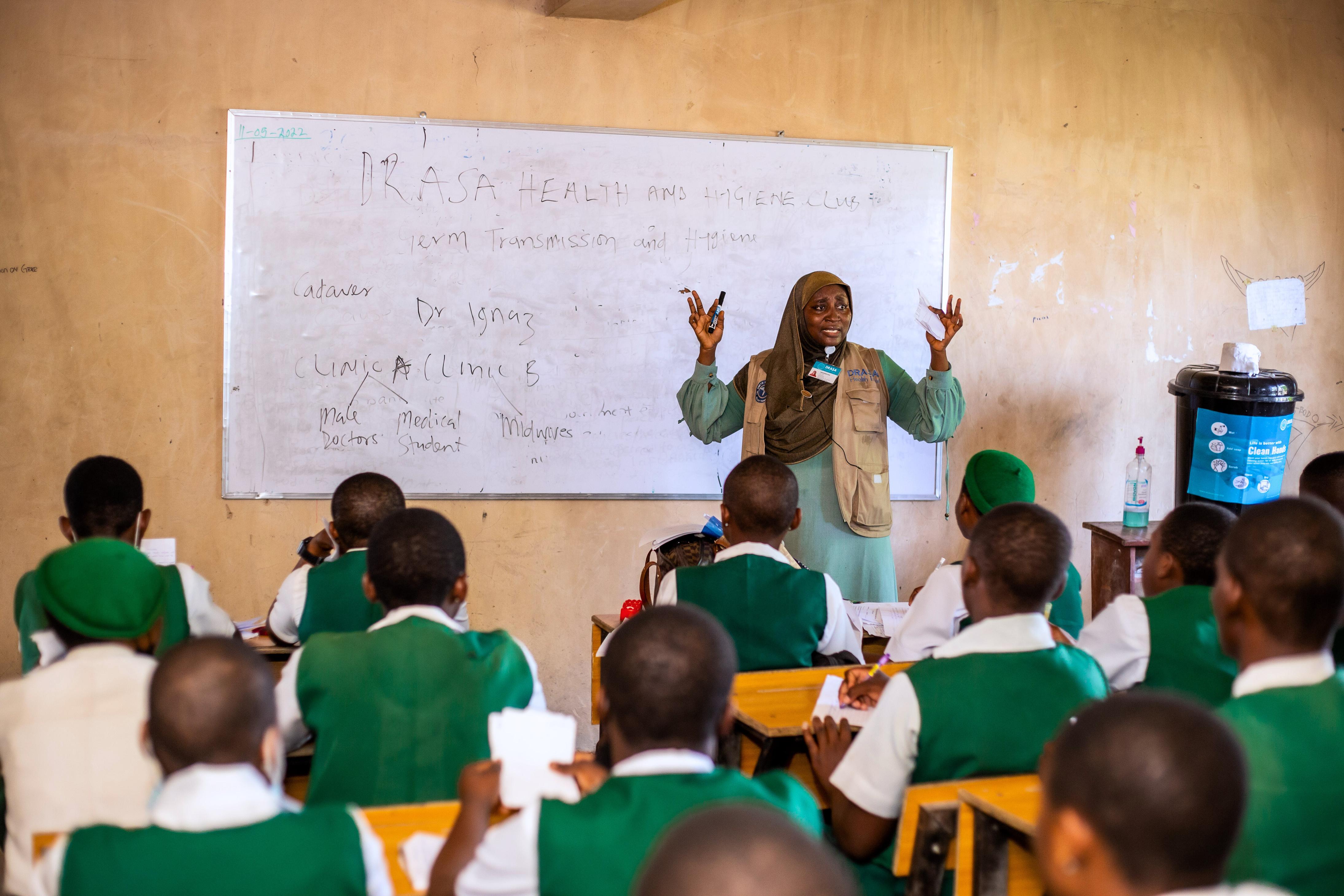
of funding raised is multiyear
90% of funding raised is unrestricted
78%
90% programmatic spending from January to December 2023
Photo: Drop of Water Photo: DRASA Health TrustFor questions and insights, contact:
Shamira Lukomwa
Strategic Partnerships Manager
shamira@africanvisionary org
africanvisionary.org
